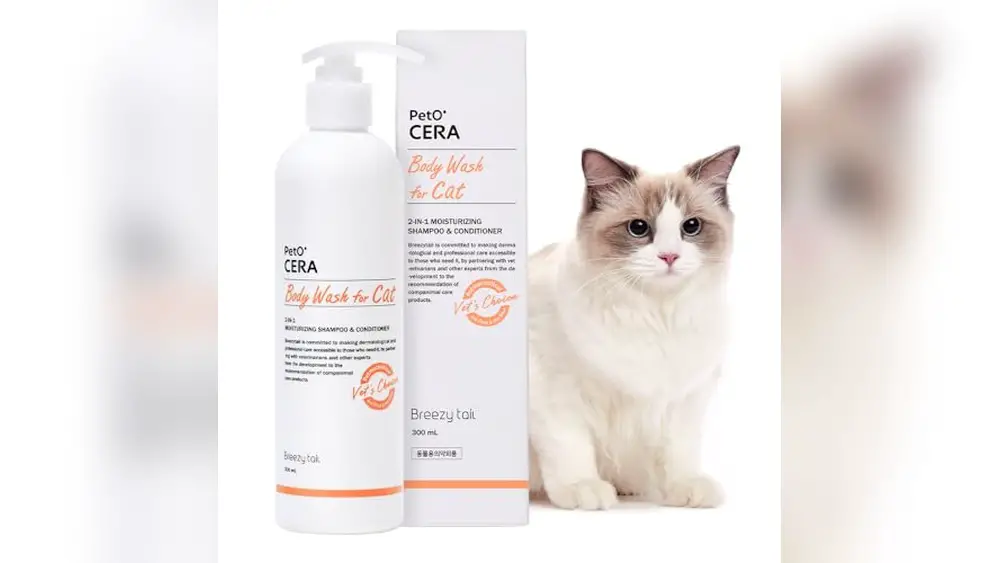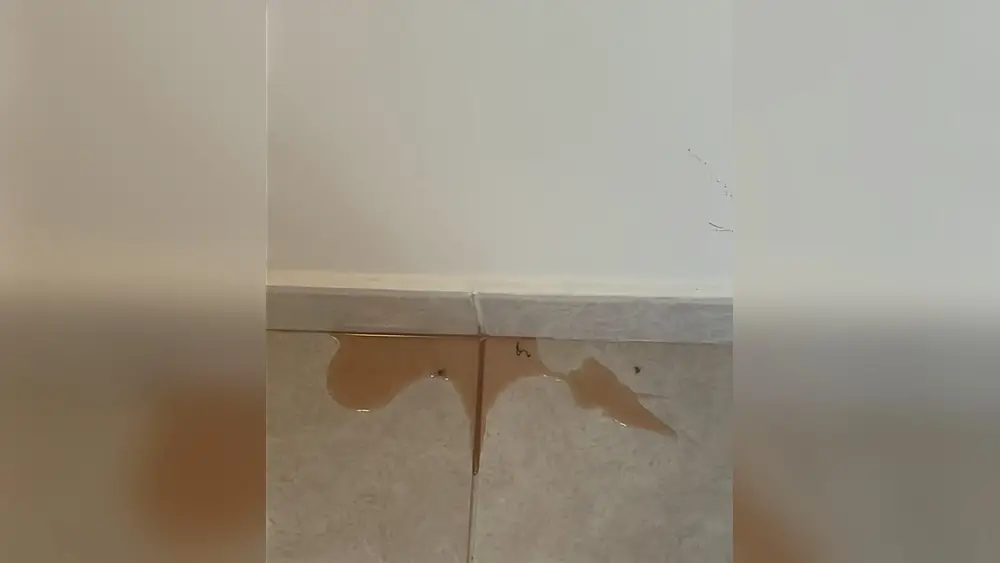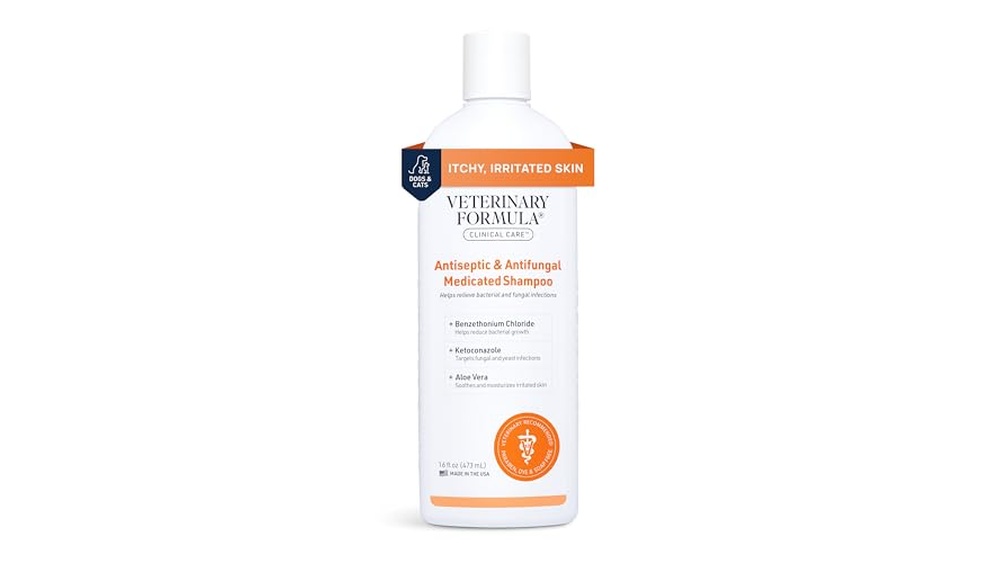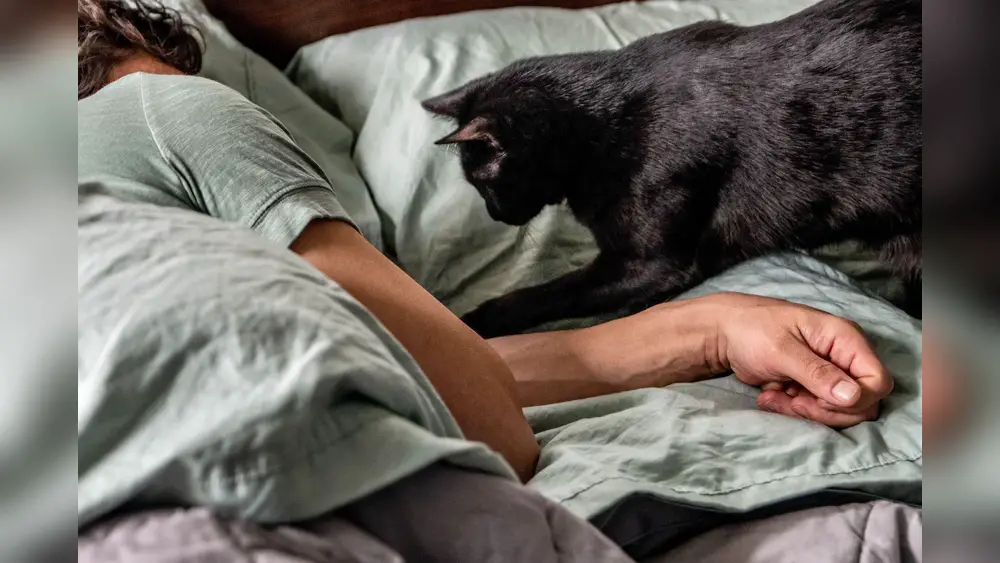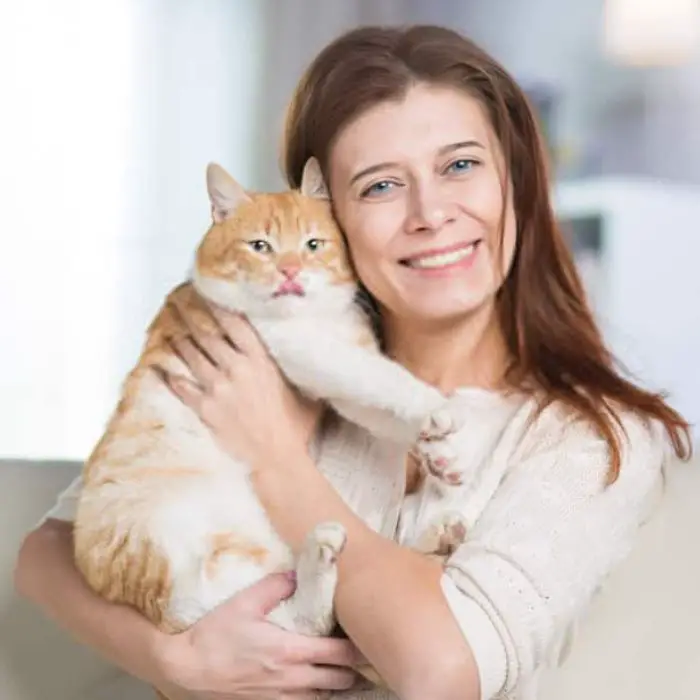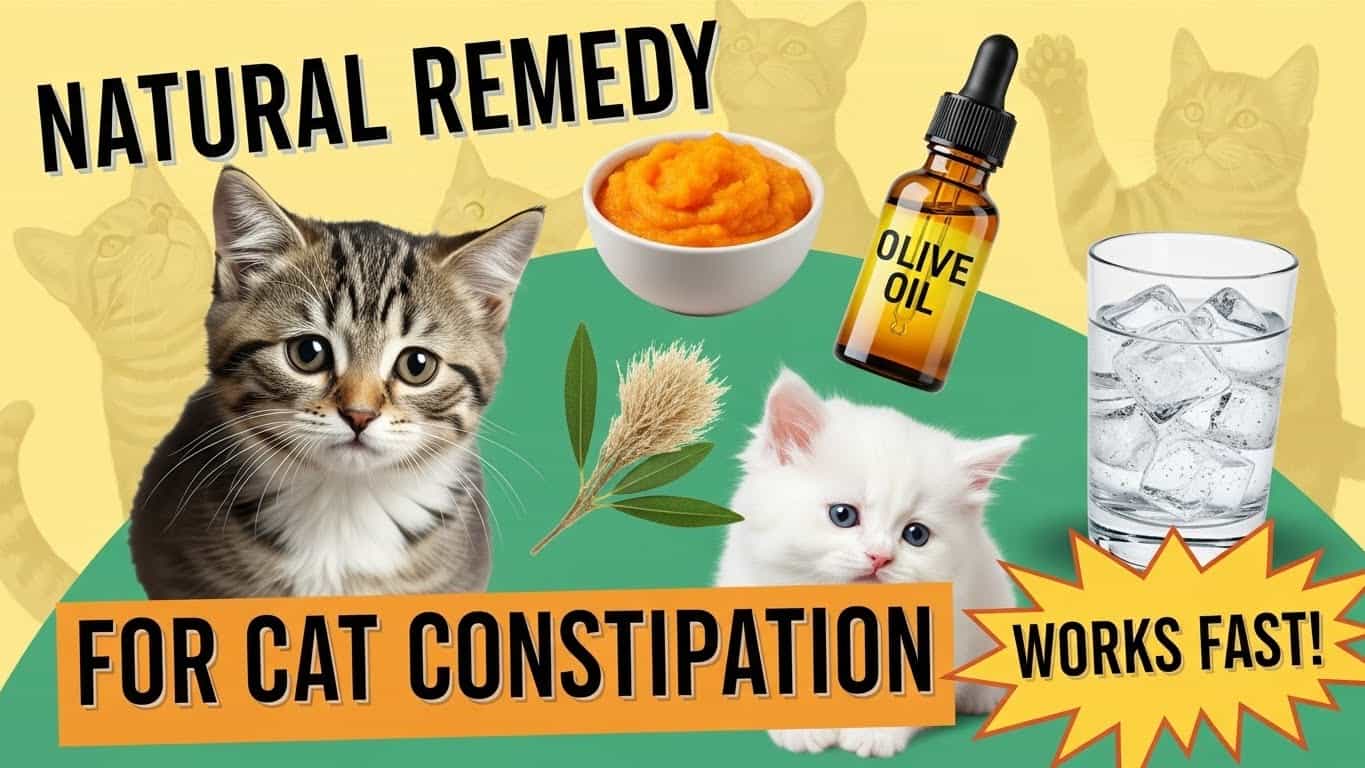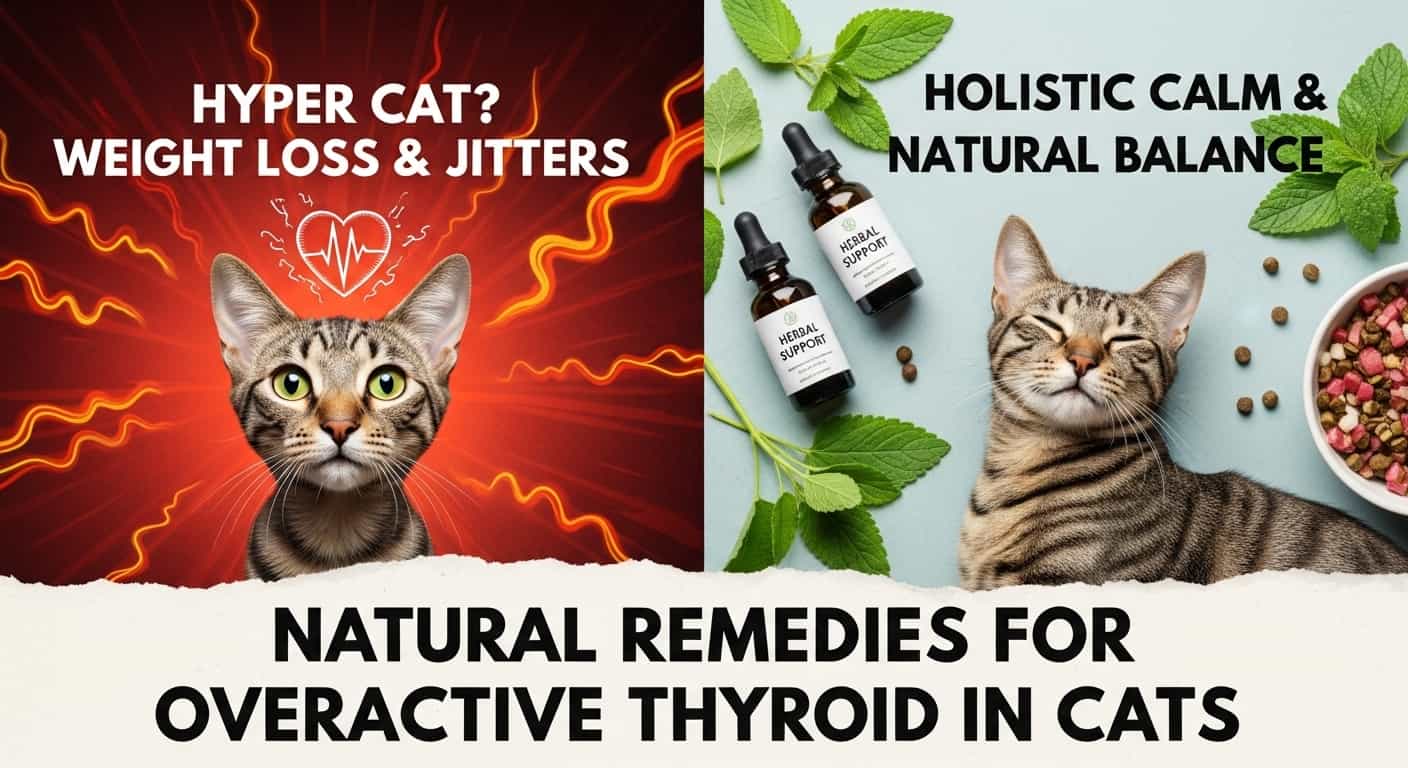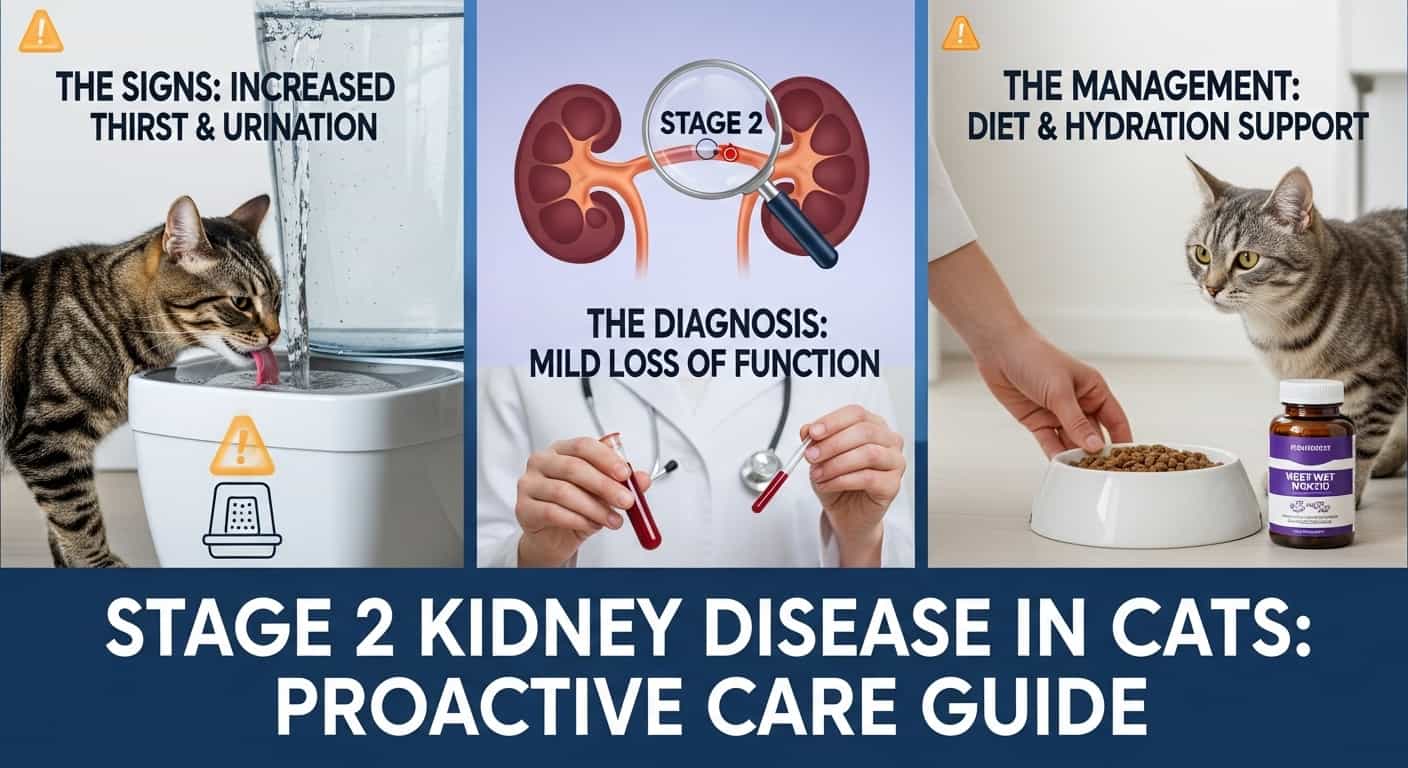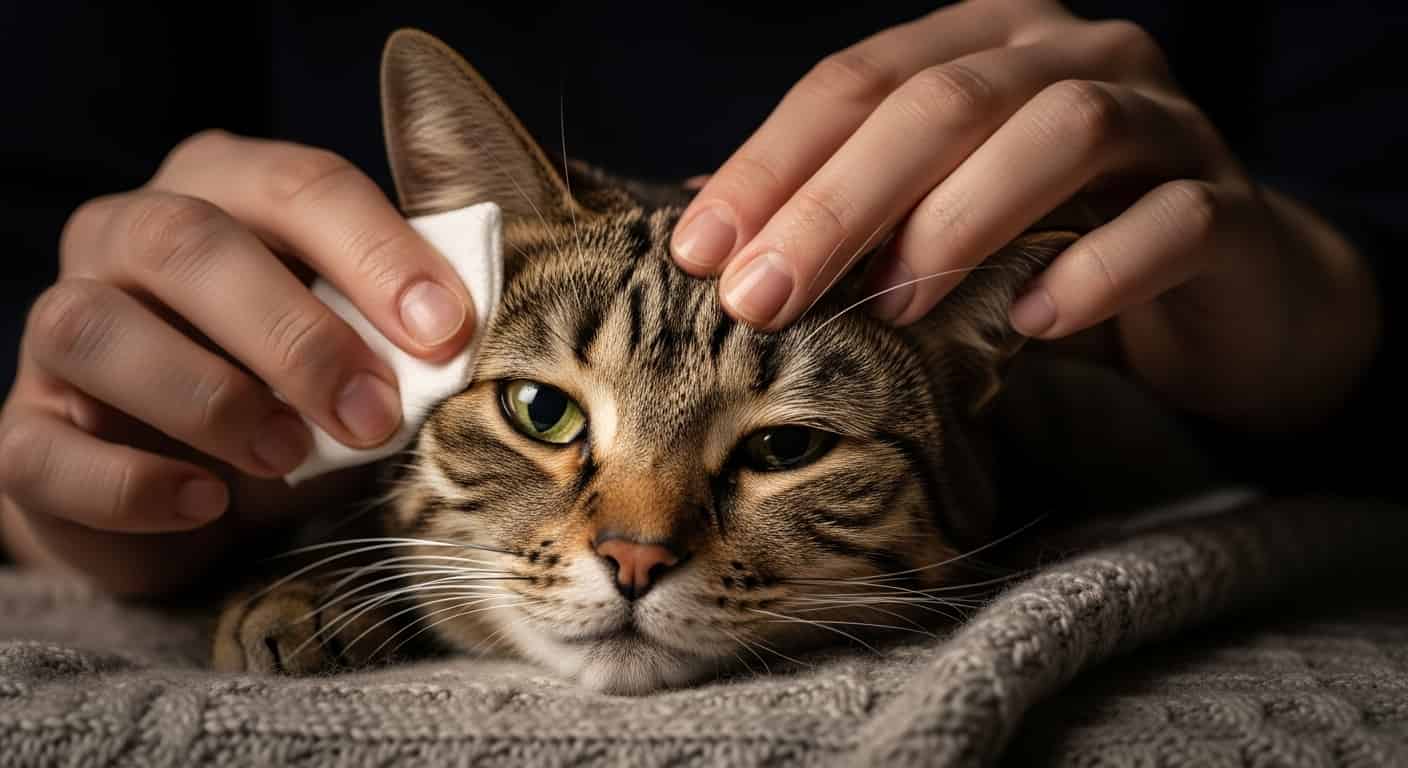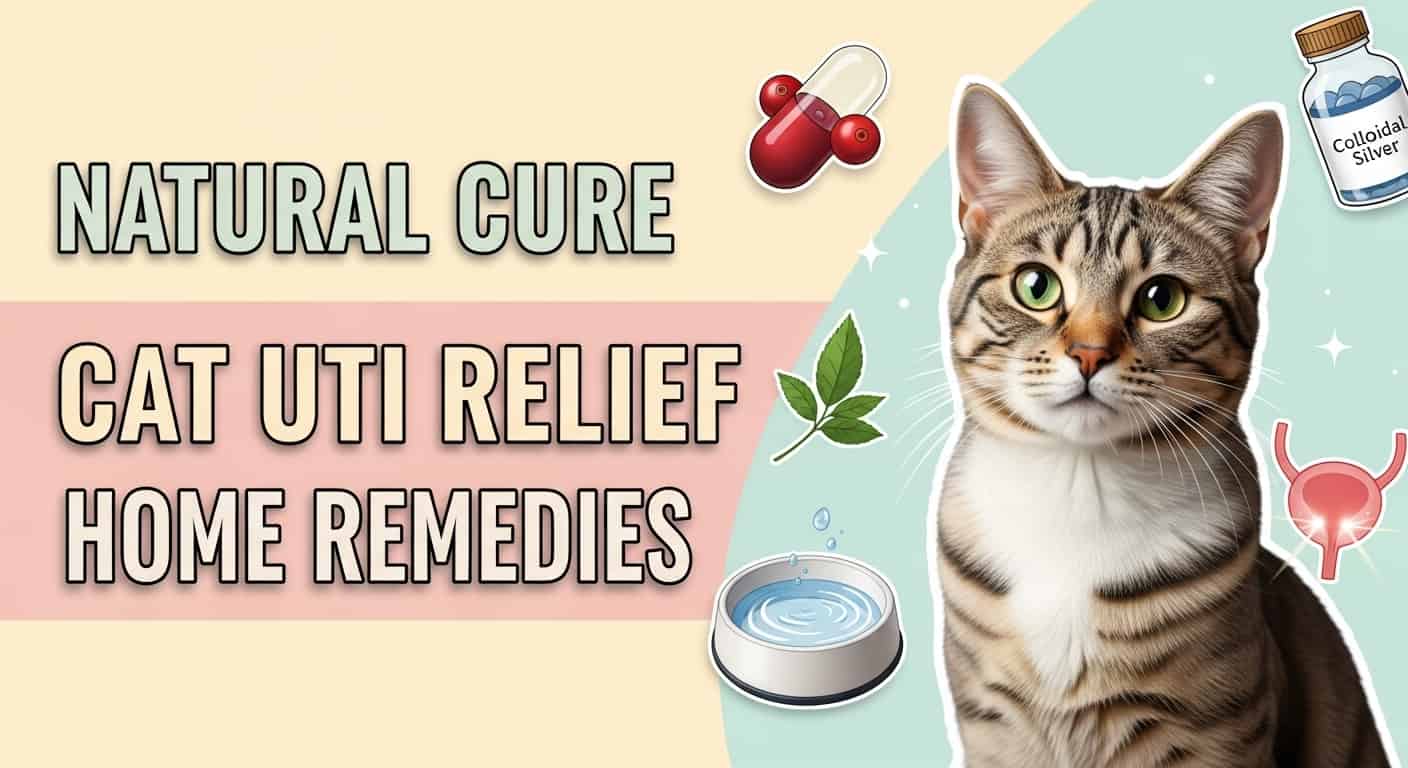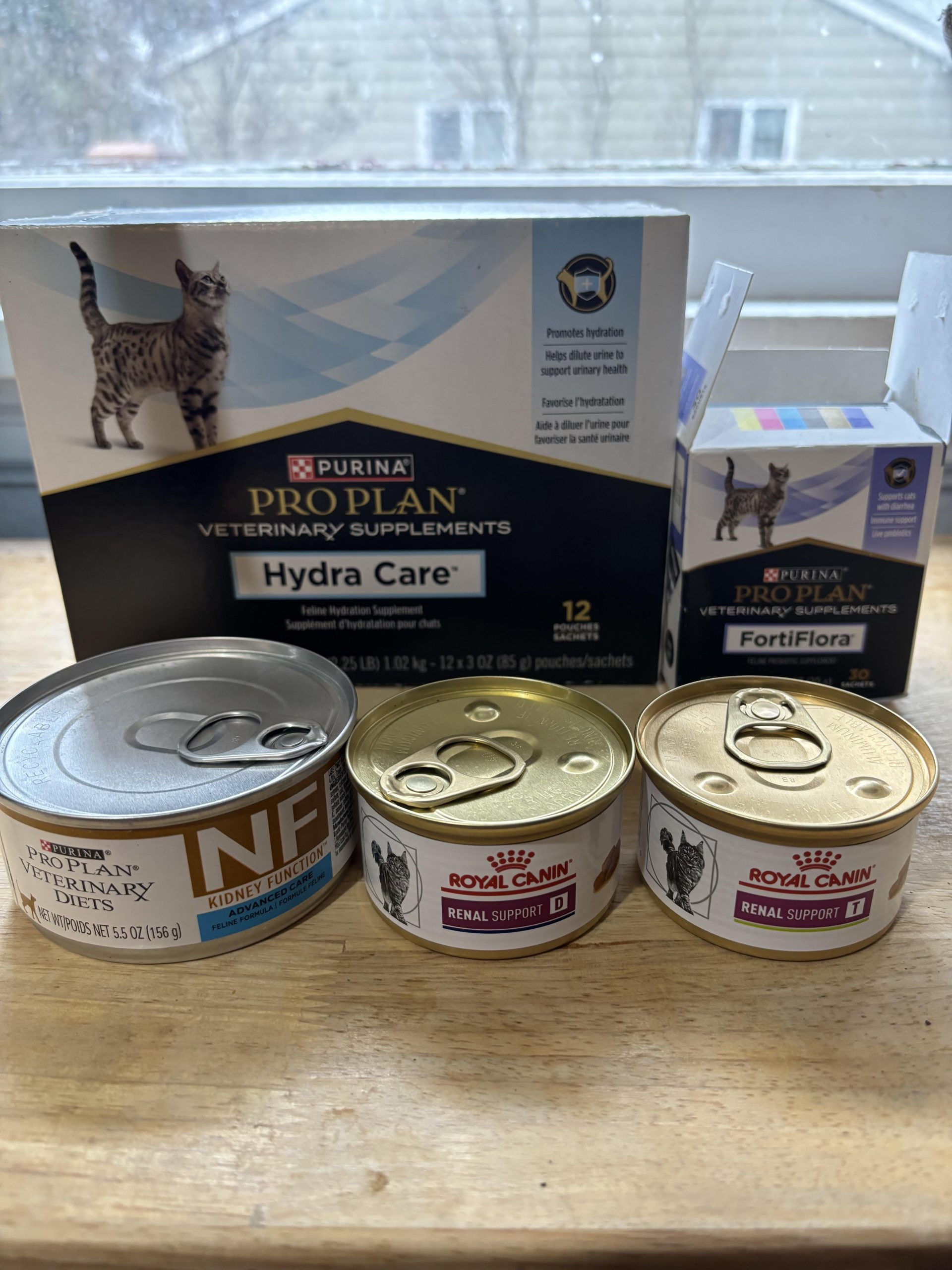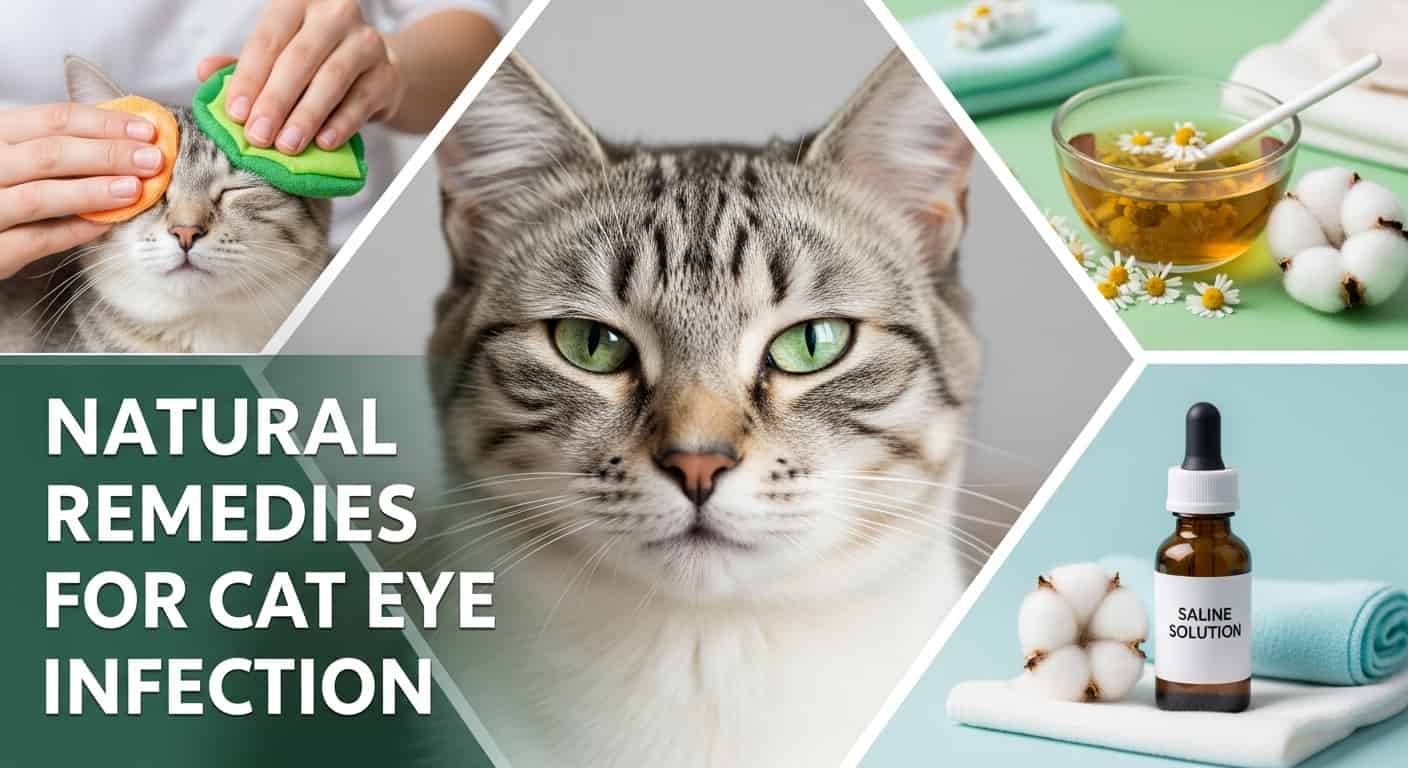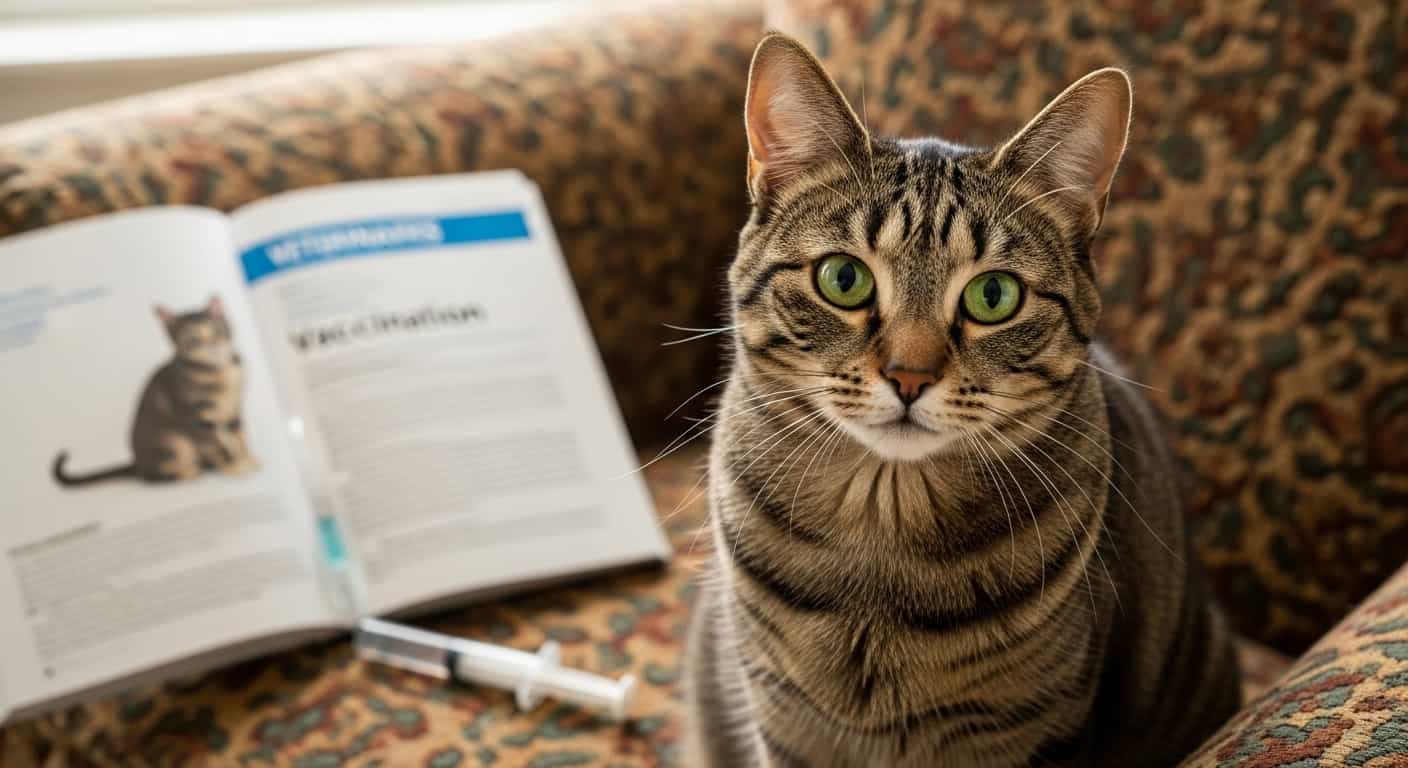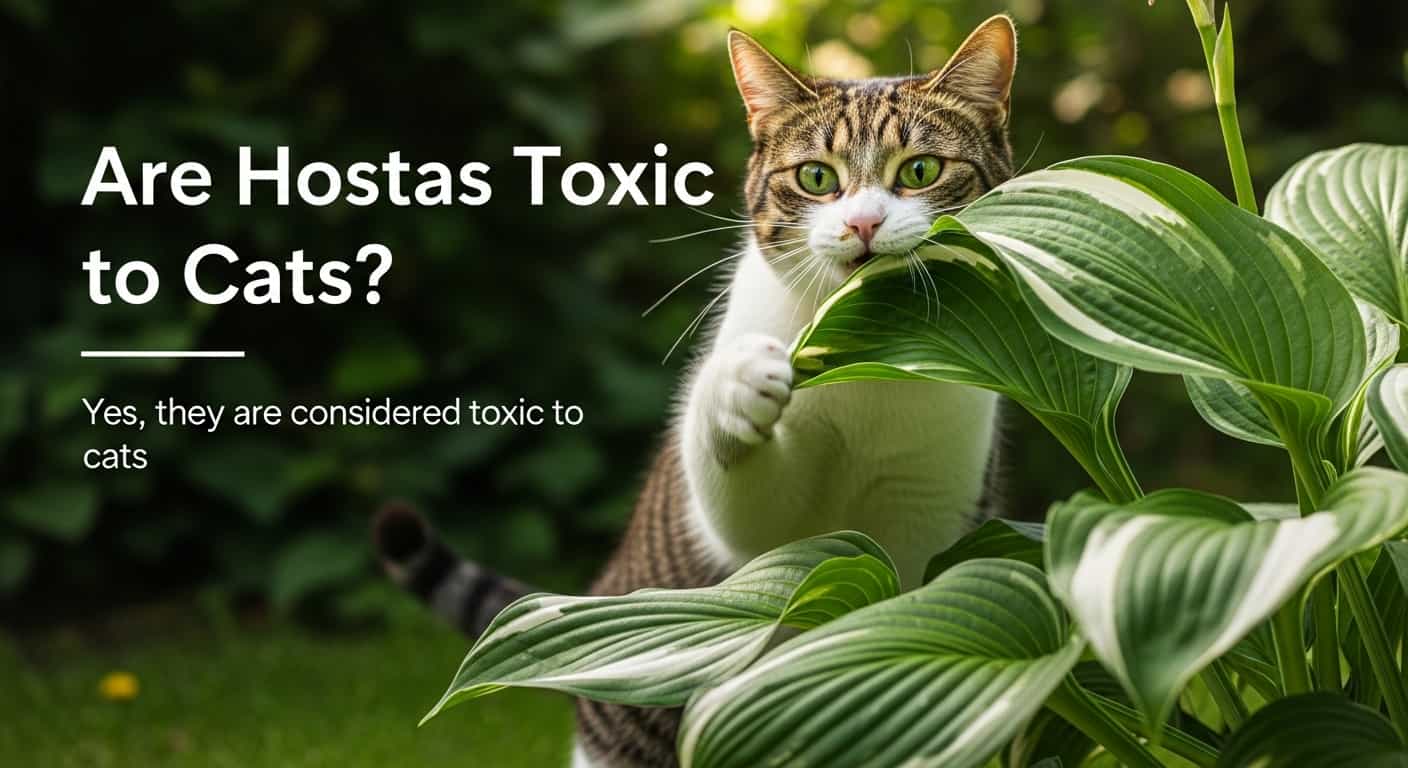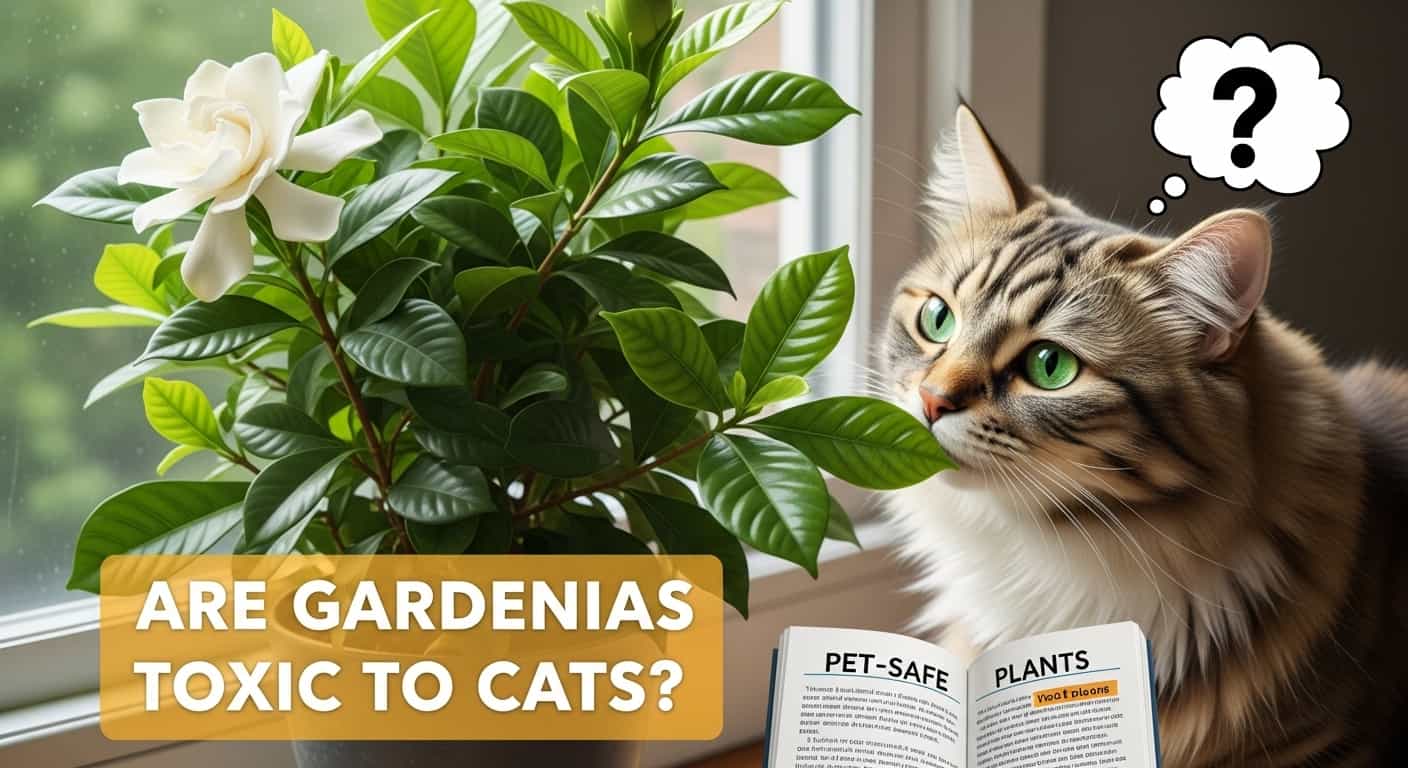Imagine this: your playful feline friend is frolicking in the garden, curiously sniffing around the vibrant blooms. Among these, sweet pea flowers stand out with their enchanting colors and delicate fragrance.
Table of Contents
ToggleBut as a responsible pet owner, one question might linger in your mind: Are sweet pea flowers toxic to cats? You’re not alone in your concern; many cat lovers share this worry. Your cat’s safety is your priority, and understanding the potential risks posed by common garden plants is crucial.
You’ll uncover the truth about sweet pea flowers and their impact on your furry companion’s health. Keep reading to ensure your garden remains a safe haven for your beloved pet.

Credit: www.aspca.org
Sweet Pea Flower Characteristics
Sweet Pea flowers, often cherished for their beauty, possess unique characteristics. Known for their delicate appearance, they grow in varied environments. While admired by garden enthusiasts, understanding their traits is crucial, especially for pet owners.
Appearance And Growth
Sweet Pea flowers are vibrant and colorful. They display a range of hues from pink to purple. Each flower stands gracefully on slender stems. Their petals are soft and velvety, adding to their charm. Sweet Peas grow in clusters, creating a lush display. Typically, they bloom in spring and summer. These flowers thrive in well-drained soil, preferring sunny spots. Their growth can reach up to six feet in height.
Common Varieties
Several Sweet Pea varieties exist. The Spencer variety is popular for its large blooms. Its flowers have ruffled petals and a strong fragrance. The Bijou variety offers smaller, compact blooms. Bijou grows well in containers, perfect for small spaces. Another favorite is the Mammoth variety. It produces large, vibrant flowers. These varieties vary in color and fragrance. Each brings its unique beauty to gardens.
Toxicity Concerns
Sweet pea flowers are loved for their beauty and fragrance. But, pet owners must know their potential risks. These flowers contain toxic elements that may harm cats. Understanding these concerns helps keep feline friends safe.
Here's a related post that you might find useful. Natural Remedy for Constipation in Cats: Effective & Safe Solutions
Toxic Components
Sweet pea flowers contain harmful substances. The main toxin is a compound called aminoproprionitrile. It affects the nervous system of animals. This toxin is found in the seeds and pods. Even small amounts can be dangerous for cats.
Effects On Cats
Ingesting sweet pea flowers can lead to serious problems for cats. Symptoms include vomiting, diarrhea, and weakness. In severe cases, cats may experience tremors. Breathing issues might also occur. Immediate veterinary care is essential if a cat shows these signs.
Signs Of Poisoning In Cats
Sweet pea flowers pose a risk to cats. Symptoms of poisoning include vomiting, diarrhea, and difficulty breathing. Seek immediate veterinary attention if your cat ingests these flowers.
Signs of poisoning in cats can be subtle yet serious. Recognizing these signs early is crucial for your pet’s health. Sweet pea flowers contain toxins that might affect your feline friend. Understanding these symptoms can help you act quickly to seek veterinary care.Behavioral Changes
Cats may exhibit unusual behaviors after exposure to sweet pea flowers. They could become restless or agitated. Some cats might show increased anxiety or nervousness. Others may experience sudden lethargy or weakness. It’s important to observe any change in their normal behavior. These changes might signal distress or discomfort.Physical Symptoms
Sweet pea poisoning might cause noticeable physical symptoms in cats. Vomiting is a common sign of ingestion. Your cat might also experience diarrhea. Drooling or excessive salivation could indicate irritation. Tremors or muscle twitching are serious symptoms. In severe cases, difficulty breathing may occur. Watching for these symptoms can aid early detection of poisoning.Immediate Actions
Sweet pea flowers can be harmful to cats if ingested. Symptoms include vomiting and seizures. Contact a vet immediately if your cat consumes them.
If you’ve discovered that your feline friend has nibbled on sweet pea flowers, it’s crucial to act swiftly. Cats are naturally curious, and their playful exploration sometimes leads them to things that aren’t safe. Sweet pea flowers contain toxins that can be harmful to cats, so knowing the immediate actions to take can make all the difference in your pet’s health.Here's a related post that you might find useful. Natural Remedies for Overactive Thyroid in Cats: Effective & Safe Solutions
First Aid Measures
The first step is to remove any remaining plant material from your cat’s mouth and paws. Rinse their mouth gently with water to clear away any traces of the plant. While doing this, keep calm and reassuring to prevent further stress for your cat. Consider whether your cat may have ingested other parts of the plant or chemicals that could be harmful. It’s helpful to know the symptoms of poisoning, such as drooling, vomiting, or lethargy, which might appear shortly after ingestion. Keep an eye on your cat for any unusual behavior or signs of distress.When To Call A Vet
If your cat shows symptoms of poisoning or if you’re unsure of how much they have ingested, contact your vet immediately. It’s better to be cautious and get professional advice than to wait and see. Have details ready, such as the type of plant and the amount ingested, to help your vet assess the situation quickly. Sometimes, symptoms may not appear right away, making it challenging to determine the severity. In such cases, a vet visit can provide peace of mind and ensure your cat receives the necessary care. Have you ever faced a situation where you hesitated to seek medical advice, only to wish you had acted sooner? When it comes to your pet’s health, it’s always best to err on the side of caution. Taking these immediate actions can help mitigate the risks and ensure your beloved cat remains safe and healthy. Your vigilance and prompt response can make a significant difference in the outcome, so always prioritize your pet’s well-being.Preventive Measures
Sweet pea flowers are beautiful but toxic to cats. Preventing exposure is crucial for pet safety. Simple strategies can protect your feline friend from harmful plants.
Safe Gardening Practices
Choose plants that are safe for cats in your garden. Keep sweet peas out of reach to prevent accidental ingestion. Regularly inspect your garden for any toxic plants. Fences can block access to harmful areas. Educate family members about dangerous plants to ensure collective safety.
Pet-friendly Alternatives
Replace sweet peas with non-toxic plants like catnip or chamomile. These are safe and enjoyable for cats. Consider planting wheatgrass; cats love it. Create a dedicated space for cat-friendly plants. This keeps your pet entertained and safe. Use decorative stones or mulch to deter curious cats from exploring.

Credit: www.facebook.com
Expert Advice
Sweet pea flowers can pose a danger to cats if ingested. They may cause symptoms like vomiting and lethargy. Keeping these plants out of reach is important for your pet’s safety.
Are you worried about your cat and sweet pea flowers? You’re not alone. Many cat owners share this concern. Sweet pea flowers are beautiful but could be harmful to cats. Let’s dive into expert advice to keep your furry friend safe.Veterinarian Insights
Veterinarians warn about sweet pea toxicity in cats. The flowers contain a compound called aminopropionitrile. This can affect your cat’s nervous system. Symptoms include tremors and lethargy. Early signs may be vomiting or diarrhea. If you suspect ingestion, contact a vet immediately. Timely intervention is crucial for recovery.Pet Safety Tips
Keep sweet pea plants out of reach. Cats are curious and might nibble on leaves. Opt for pet-safe plants like catnip or spider plants. Supervise your cat during outdoor play. Ensure their play area is free from harmful plants. Educate family members about toxic plants. Everyone should know what plants to avoid.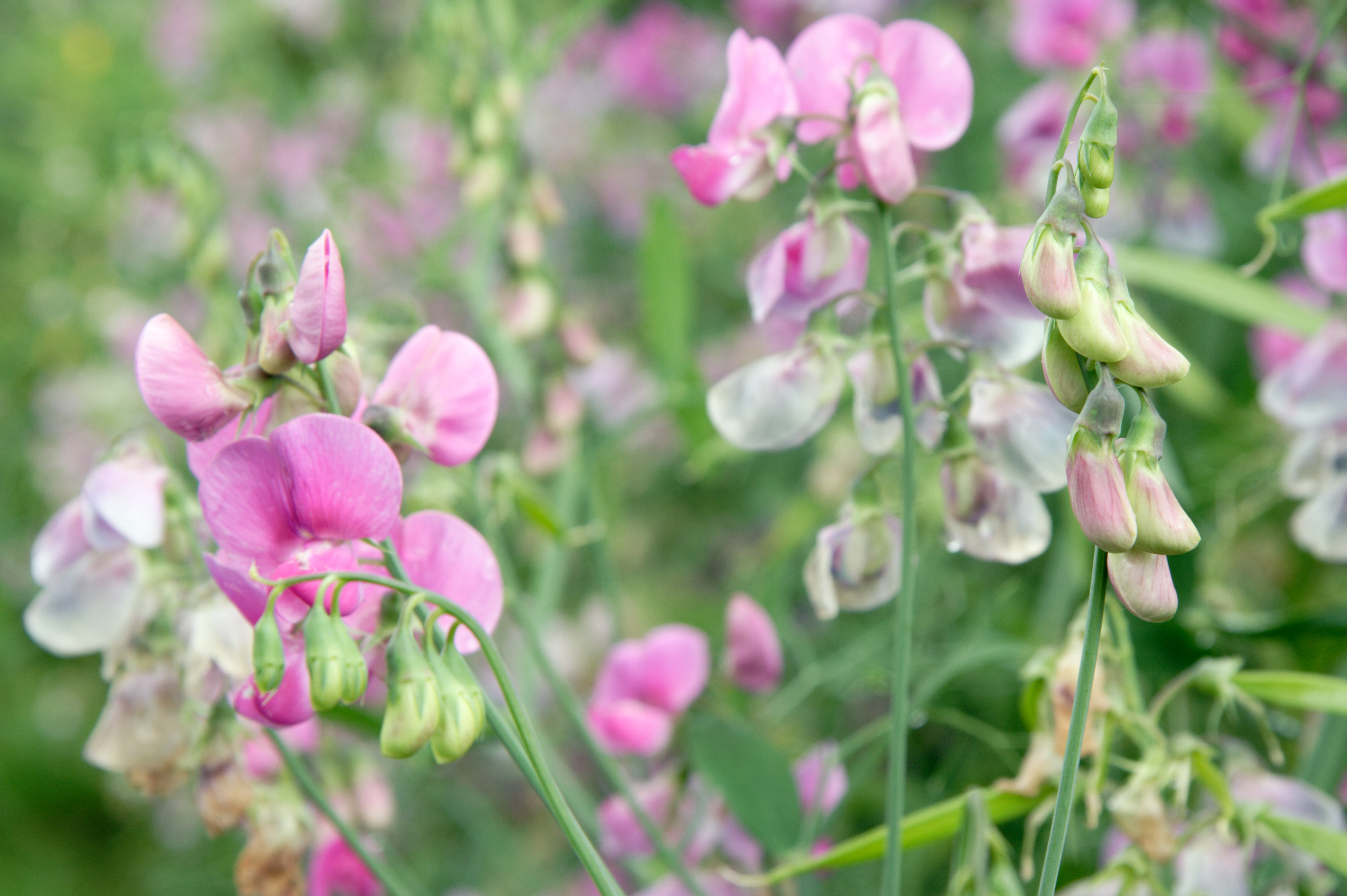
Credit: www.petpoisonhelpline.com
Frequently Asked Questions
Are Sweet Pea Flowers Harmful To Cats?
Yes, sweet pea flowers are toxic to cats. They contain a compound called aminopropionitrile. Ingestion can lead to symptoms like weakness, lethargy, and vomiting. It’s important to keep these flowers out of reach from your feline friends to ensure their safety and well-being.
What Symptoms Do Cats Show After Ingestion?
Cats may exhibit symptoms like vomiting, lethargy, and weakness. In severe cases, they might experience tremors and seizures. If you notice any of these symptoms, contact your veterinarian immediately. Early intervention is crucial for the health and safety of your cat.
How Much Sweet Pea Is Dangerous For Cats?
Even small amounts of sweet pea flowers can be harmful. The severity of symptoms depends on the amount ingested. Always monitor your cat if you suspect they’ve eaten any part of the plant. It’s best to consult your veterinarian for guidance and possible treatment.
What Should I Do If My Cat Eats Sweet Peas?
Immediately contact your veterinarian if your cat eats sweet pea flowers. Provide details about the ingestion and any symptoms observed. Follow their advice for treatment and care. Early intervention can prevent serious health issues, ensuring your cat’s safety and recovery.
Conclusion
Sweet pea flowers hold beauty but pose risks for cats. These blooms contain toxins that can harm your feline friends. It’s crucial to keep these plants out of your home and garden. Choose safe alternatives to ensure your cat’s health.
If your cat ingests any part of a sweet pea, contact a vet immediately. Staying informed helps keep your pets safe. Your cat’s well-being should always come first. Keep your living space free from harmful plants. Make smart choices and protect your furry family member.
Always prioritize safety when decorating with plants. Your cat deserves a safe environment.

